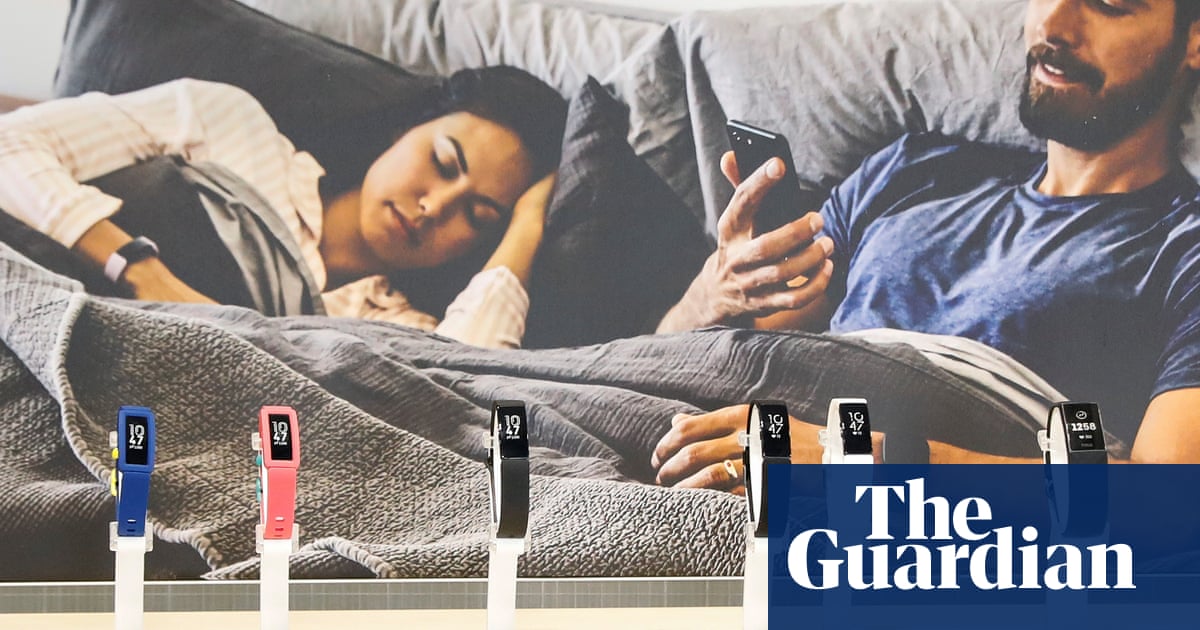Fitbit Users Fear Privacy Invasion After $2.1bn Google Acquisition

Google’s recent acquisition of Fitbit for $2.1bn has left many users worried the tech giant may soon have access to their most intimate health information – from the number of steps they take each day to their breathing patterns, sleep quality or menstrual cycles.
Fitbit, founded in San Francisco in 2007, tracks the health data of 28 million users. In a blogpost following the acquisition on Friday, Fitbit claimed user data would not be sold or used for Google advertising. “Consumer trust is paramount to Fitbit. Strong privacy and security guidelines have been part of Fitbit’s DNA since day one, and this will not change,” the company said in a statement.
Still, dozens of Fitbit wearers complained on social media over the weekend about the Google takeover. “I tossed my Fitbit into the trash today,” one user tweeted. “I intend to sell my Fitbit and delete my account,” said another.
Google already keeps a trove of information on people, including location data, search history and YouTube viewing history. The company also creates advertisement profiles of users based on information such as location, gender, age, hobbies, career, interests, relationship status, possible weight (need to lose 10lb in one day?) and income.
Veronica KB Olsen, a research fellow at Cern in Geneva, said she immediately requested her data be deleted upon hearing news of the merger.
“I am usually careful about big tech companies gobbling up too much data, but especially Google,” she said. “I have a knee-jerk reaction to Google having any of my data. I try to opt out of most of the stuff they do.”
Because Olsen is based in Europe, Fitbit is required to delete her data if she requests it under the European Union’s General Data Protection Regulation (GDPR), which went into effect in 2018. Under GDPR, users are also entitled to copies of their own data.
But users in any location, even outside the EU, can delete their accounts via the Fitbit website. The company said it would then permanently delete data associated with the account after a seven-day grace period.
Olsen was sent a copy of the data collected during the last year she owned the device, a huge tranche of information that included her heart rate taken every few seconds. She said that even if Fitbit claims it does not share health data with Google, she didn’t want to take a chance by giving it more information.
“The more data points you have on someone, the more you can build a profile of their life,” she said.
The Fitbit acquisition comes despite recent antitrust scrutiny faced by Google after a US government inquiry into its impact on competition was announced in September. The investigation is meant to focus on the company’s advertising practices but could extend to its acquisitions of competing firms.
Google founded its own fitness tracking service, Google Fit, in 2014, but it has relied on third parties such as Fossil and Tag Heuer to produce Android-compatible smartwatches.
Even if Google claims it won’t use Fitbit health data for advertising, the acquisition is probably bad for user privacy, said Paul Bischoff, a privacy advocate with Comparitech. Just because the companies say user data will not be used for advertising now does not mean that won’t change, he said.
“Fitbit says health and wellness data will not be used for advertising, but that leaves plenty of other information for Google to gather, including users’ locations, device info, friends’ lists, messages, profile photos, participation in employee wellness programs, and usage logs,” he said.
READ MORE HERE

